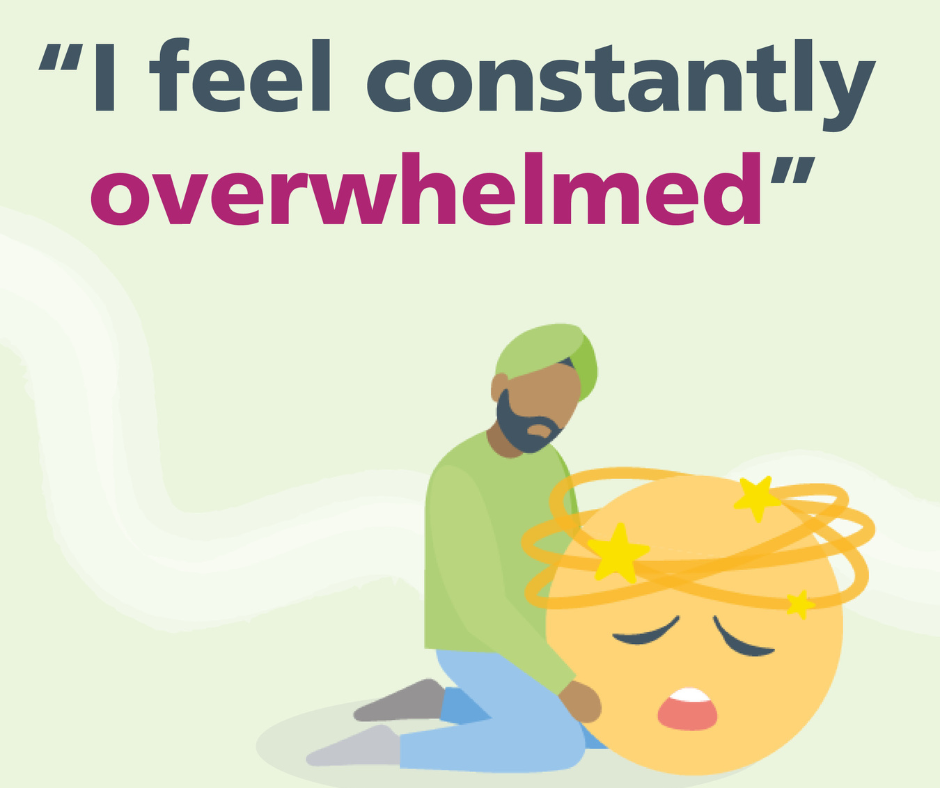
Housing - everyone's business
Having a safe place to live is one of the most important things in our lives. A good home is a foundation to just about everything we do; it's where we meet our most basic needs, maintain a job, care for family, socialise, and relax in safety and privacy.
Think about any good memory you have in your life. I bet you can remember where you were living at the time. Now think…'would that memory exist if I didn't have a home?' All my core memories (birth of children, university graduation, family holidays, Christmas) are so intrinsically linked to a safe home that I can't imagine they would have happened without this foundation being in place.
Some of us, myself included, can take "home" for granted because even when times are tough it's always been there. Unfortunately, for many people this isn't the reality and home is something far less stable or even a distant ambition. Even more unfortunately, research tells us that you are more likely to experience homelessness or problems with your housing if you are experiencing mental health difficulties.
The housing and mental health sectors have been funded, commissioned, and delivered in silo for decades. Our organisation wants to change this because we know that effectively supporting mental health recovery requires us understanding the importance of home at every step of the way. This is why we've coproduced the countries first Mental Health and Housing Strategy and are incorporating housing into everything we do.
We are now recruiting housing staff in our teams to provide expert housing advice and advocacy to people at the earliest possible point of their treatment, creating new supported housing models that smooth the transition between inpatient and community care, and forging new partnerships with housing providers to deliver better joined up services.
These initiatives are already having a positive impact as people are supported into new accommodation, homelessness is prevented, and new community housing services become available as alternatives to inpatient or residential care. This also benefits how we run our services as there are now fewer housing related delays to discharge meaning that more people can access our inpatient services when they need to.
Whilst there's been good progress, we know we need to do more. Housing has rarely been so pressurised with cost of living challenges, a super-heated South East housing market, growing social housing waiting lists, years of missed national housing build targets, rising national homelessness rates, and near record numbers of people placed in temporary accommodation all biting components of a national housing crisis. So, what more can an NHS trust do in this context?
Firstly, we know that collective effort is greater than individual action so we must continue to strengthen our partnerships with housing providers and services. Our partners place strong emphasis on providing early help to support people to remain in their existing homes wherever possible. Adopting this "homelessness prevention" focus across our organisation can make a real difference by ensuring the housing rights of people we support are understood and upheld in a way that challenges mental health stigma where this arises.
Secondly, we need to embed an ethos that housing is everyone's business. We have a responsibility to understand and respond to the housing needs of people in our care, and we want to take a national lead in putting housing at the heart of our treatment pathways. We already do this for some of our services and will be supporting other teams to adopt these approaches. Everyone in our organisation can make a real difference to people using our services by identifying housing needs as early as possible and working with our housing partners to protect one of the most important assets in our lives - our home.
Chris Harris, Associate Director of Housing, SPFT
































